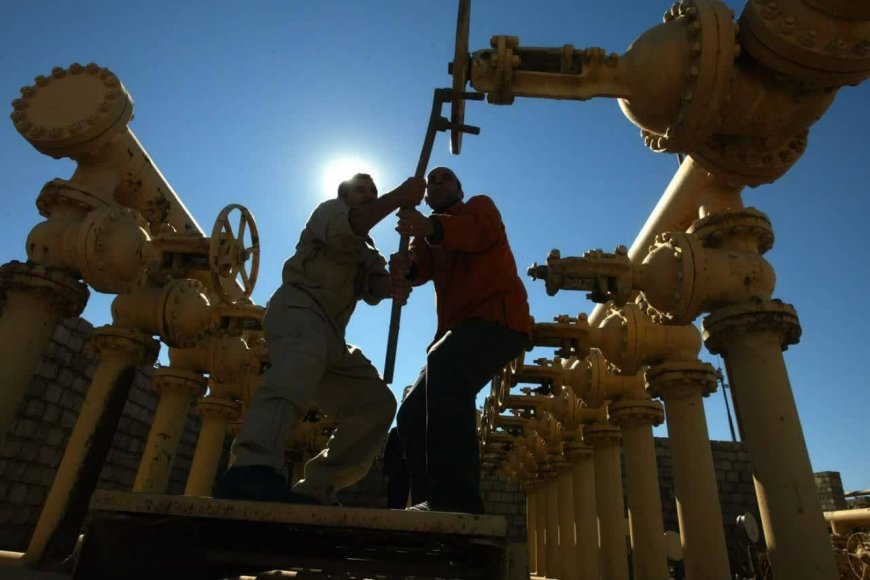Kurdistan's Oil: A Catalyst for Regional Cooperation or a Source of Tension?

By: M. Sharifi
The United States' foreign policy, particularly with regard to oil-rich regions and the Middle East in particular, has been profoundly shaped by the variable of oil. The extensive political, military, and economic presence of the United States in oil-rich regions, as well as the measures it has taken to secure its oil supply, all attest to the prominent role this vital resource plays in Washington’s grand strategy.
Among the geopolitical hotspots that have captured the attention of the United States is the oil-rich region of Kurdistan in the Middle East. This region boasts vast energy reserves, strategic significance, and a unique geostrategic position that has historically made it a focal point for great powers. The Kurdistan Region of Iraq, in particular, commands significant geopolitical importance within Iraq and the broader West Asian region, holding approximately 50% of Iraq's oil and gas energy reserves. Consequently, it has consistently been a focal point for American interests.
Stalled Oil Exports: A Diplomatic Impasse
In mid-February 2022, the Federal Court of Iraq declared the Kurdistan Region's oil and gas law unconstitutional, following a complaint filed by the Federal Ministry of Oil. This ruling deemed the Kurdistan Region's actions in exporting oil independently as illegal, emphasizing that all oil exports within the country should be overseen by the central government. Subsequently, Turkey suspended oil exports through the Ceyhan pipeline, aligning with the Paris court's decision. Despite elapsing more than a year, Turkey has remained hesitant to resume exports, signaling its opposition to the move.
America's Efforts to Unblock Kurdistan Oil Exports
Undeterred, the Biden administration has actively sought to facilitate the resumption of official oil exports from the Kurdistan Region. In separate letters, foreign oil companies and the government of the Kurdistan Region have appealed to Washington to exert pressure on Baghdad to lift the export ban. Responding to this request, Geoffrey Piatt, the US Assistant Secretary of State for Energy Affairs, expressed his country's strong desire to see the earliest possible resumption of oil exports from the Kurdistan Region through Turkey. He characterized Kurdistan's oil as a valuable energy asset that should be returned to the global market without delay, highlighting its crucial role in the Kurdistan Region's economic stability.
Breaking the Deadlock: International Cooperation and Constructive Engagement
Recent news reports have indicated that the US Assistant Secretary of State for Energy Affairs has visited Iraq and the Kurdistan Region to address the oil export impasse. In response, the Kurdistan Region Oil Industry Association, representing eight foreign oil companies including American entities, issued a statement underscoring the United States' pivotal role in resolving this issue. The association emphasized the importance of resuming Kurdistan Region oil exports, acknowledging that it requires the cooperation and constructive engagement of all stakeholders, including the Kurdistan Region, Iraq, Turkey, and the international companies involved.
The Kurdistan Region Oil Industry Association, which represents international oil companies, has declared its readiness to resume exports. It believes that the Kurdistan Region possesses the capacity to increase its production and export of crude oil to global markets, benefiting both the people of Iraq and the Kurdistan Region.
A Continued Focus on Energy Security
For years, the United States has prioritized securing a stable flow of energy, viewing any disruption in supply as a threat to its national interests. In the context of the Kurdistan Region's oil exports, America's unwavering pursuit of energy security is evident. By actively seeking to break the impasse, the United States aims to ensure the uninterrupted supply of oil from a region it considers vital to its strategic interests.













































